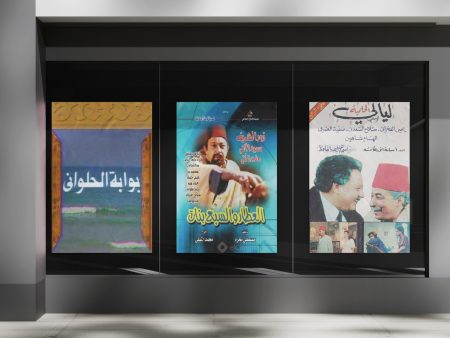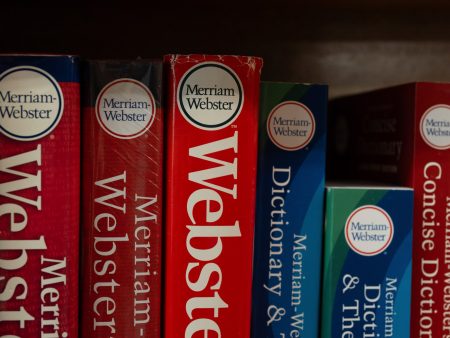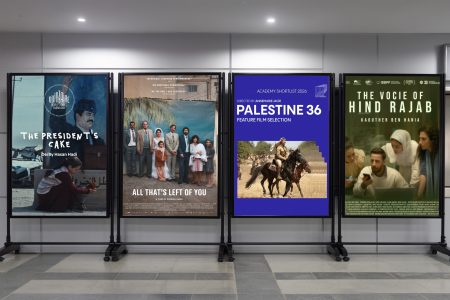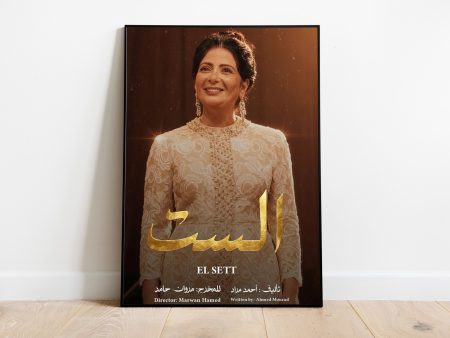أصدرت محكمة جنح الدقي في مصر، اليوم (الخميس)، حكماً بالسجن لمدة عامين على الفنانالمصري محمد رمضان، بتهمة نشر أغنيته الجديدة «رقم واحد يا أنصاص» عبر قناته الرسمية على «يوتيوب» دون الحصول على التصاريح اللازمة من وزارة الثقافة.
القضية، التي تحمل الرقم 9213 لسنة 2025 جنح الدقي، أثارت جدلاً واسعاً بين عشاق الفنان ونقاد الفن، معتبرين الحكم بمثابة «ضربة قاسية» لنجم الغناء والتمثيل الذي يُعرف بأسلوبه الجريء والمثير للجدل.
تعود جذور النزاع في أوائل أغسطس 2025، عندما أطلق رمضان أغنيته الجديدة «رقم واحد يا أنصاص»، والتي حققت ملايين المشاهدات في غضون أيام قليلة على المنصة العالمية «يوتيوب».
الأغنية، التي تتسم بإيقاعها السريع وكلماتها الحادة التي تُشبه الـ«ديس» أو المناوشات اللفظية بين الفنانين، أثارت موجة من الإعجاب من الشباب، لكنها في الوقت نفسه أشعلت غضب الجهات الرقابية.
وفقاً للتحقيقات، اتهم رمضان بـ«إذاعة وعرض مصنف سمعي وبصري دون ترخيص»، حيث لم يحصل على موافقة إدارة الأغاني التابعة لوزارة الثقافة، التي تُشرف على رقابة المحتوى الفني لضمان عدم انتهاكه للأعراف العامة أو التحريض على العنف.
الدعوى القضائية، التي أقامها أحد المحامين، وصفت الأغنية بأنها «غير صالحة للعرض العام» بسبب كلماتها التي تُشير إلى المنافسة العنيفة والإساءة المباشرة، مما دفع النيابة العامة إلى إحالتها مباشرة إلى محكمة الجنح في 6 أكتوبر 2025.
The Doki Misdemeanor Court in Egypt issued a two-year prison sentence today (Thursday) for Egyptian artist Mohamed Ramadan, on the charge of publishing his new song “Number One Ya Ansas” on his official YouTube channel without obtaining the necessary permits from the Ministry of Culture.
The case, numbered 9213 for the year 2025 in Doki Misdemeanor Court, sparked widespread controversy among the artist’s fans and art critics, considering the ruling to be a “harsh blow” to the singing and acting star known for his bold and controversial style.
The roots of the dispute date back to early August 2025, when Ramadan released his new song “Number One Ya Ansas,” which garnered millions of views within just a few days on the global platform YouTube.
The song, characterized by its fast rhythm and sharp lyrics resembling “diss” tracks or verbal skirmishes between artists, generated a wave of admiration from the youth, but at the same time ignited the anger of regulatory authorities.
According to investigations, Ramadan was accused of “broadcasting and displaying an audio-visual work without a license,” as he did not obtain approval from the Songs Administration of the Ministry of Culture, which oversees the censorship of artistic content to ensure it does not violate public morals or incite violence.
The lawsuit, filed by a lawyer, described the song as “unsuitable for public display” due to its lyrics that refer to violent competition and direct insults, prompting the public prosecutor to refer it directly to the misdemeanor court on October 6, 2025.

















